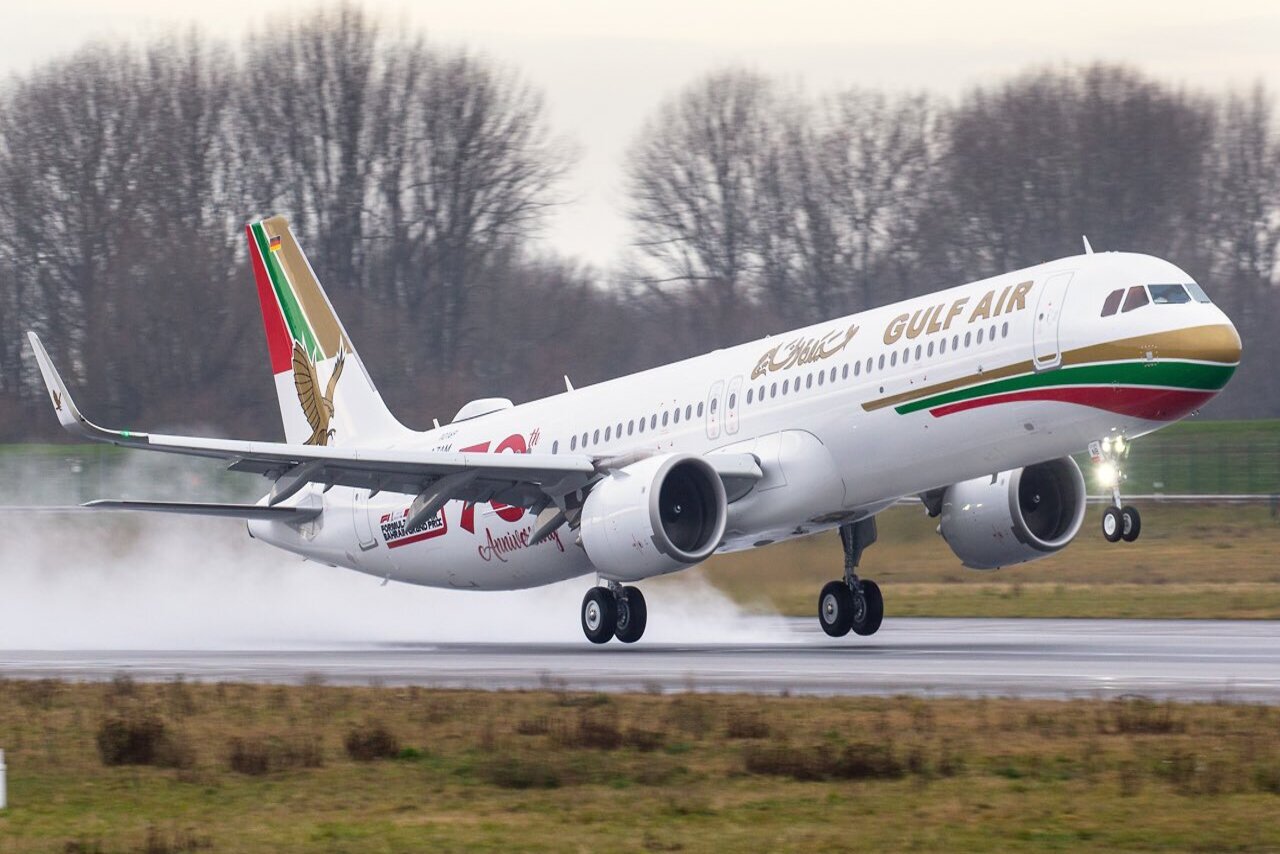Gulf Air has stated it has resumed its flight operations to three important destinations in the Middle East, and this will help normalize the flight operations in the region to a very large extent. The national airline of Bahrain assured that flights to Baghdad, Najaf, and Amman to resume normal operations beginning Saturday, June 28, 2025.
The back-to-basics operations of Gulf Air to a couple of Iraqi destinations, Baghdad and Najaf, in addition to Amman in the Republic of Jordan, are a key landmark to the airline’s connectivity plan. These destinations act as lifelines between Bahrain and the wider Levantine and Mesopotamian region, which represents meeting points of business and religious travel channels.
This restoration of the flights by the airline is after a time of rebalancing operations owing to the changes in the region that had hit the flight schedules. The strategic objective of Gulf Air takes into consideration the safety of its passengers, coupled with necessary connectivity within its network in the Middle East.
This move to resume Baghdad flights enhances the resolve of the Gulf Air to provide services to the capital of Iraq, a major business centre in the region. Baghdad is a place that business people, heads of governments, and persons who have members of their family members in the Gulf-Iraq corridor cannot do without traveling to.
Najaf operations are particularly important because of the religious significance of the city to the Shia Muslims all over the world. The path is used to travel to one of the most sacred places of Islam and promotes the spiritual movement of hundreds of thousands of pilgrims per year. The Current service of Gulf Air to Najaf offers economy to pilgrims who fly out of Bahrain and relocate to destinations.
The restart of Amman flights enhances the presence of Gulf Air in the Levantine market. The capital city of Jordan is also a gateway to many other places, including other parts of the Middle East and other destinations around the world. The route facilitates relationships in terms of trade, tourism, and diplomacy between Jordan and Bahrain.
The city of Amman is also a center of strategic passage for travellers going to other regional destinations. The resumed service by Gulf Air increases travel opportunities for passengers in the region who would take pleasure in convenient connections.
Gulf Air stressed that the safety of the passengers and the crew will always be a priority whenever making any operating decisions. The way the airline plans to resume its routes shows that it will continue to implement high standards related to the safety aspect in reacting to what is happening in various parts of the region. Using this methodology, the carrier will not resume flight operations until the conditions meet the parameters of the flight operations, which are quite high on the safety scale.
The risk assessment measures carried out by the airline consider various factors before resuming services to any destination. These systematic demonstrations factor in the security situations, feasibility of operation, and the needs of passengers to sustain their services.
In reinstating these three major services, Gulf Air reaffirmed that its extended route system is still operating in line with the set itineraries. The company operates in Europe, Africa, Asia, and the Far East using its hub in the Bahrain International Airport.
Operational resilience of the carrier reflects its capability to find a way to change in accordance with the needs that occur in the region, but still continue to serve it at the same quality level. The network strategy of Gulf Air lies in maintaining a balance between the optimization of the routes and the demands of the passengers in the wide range of the destination portfolio.


















